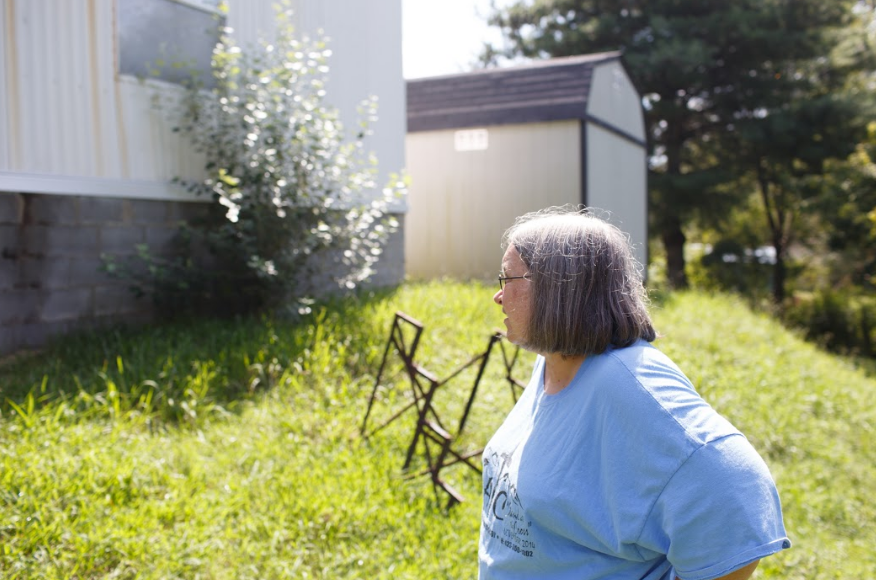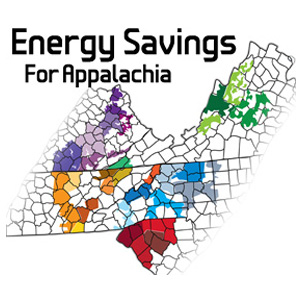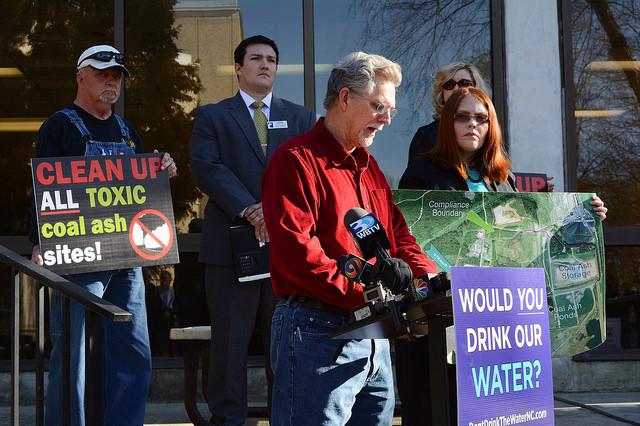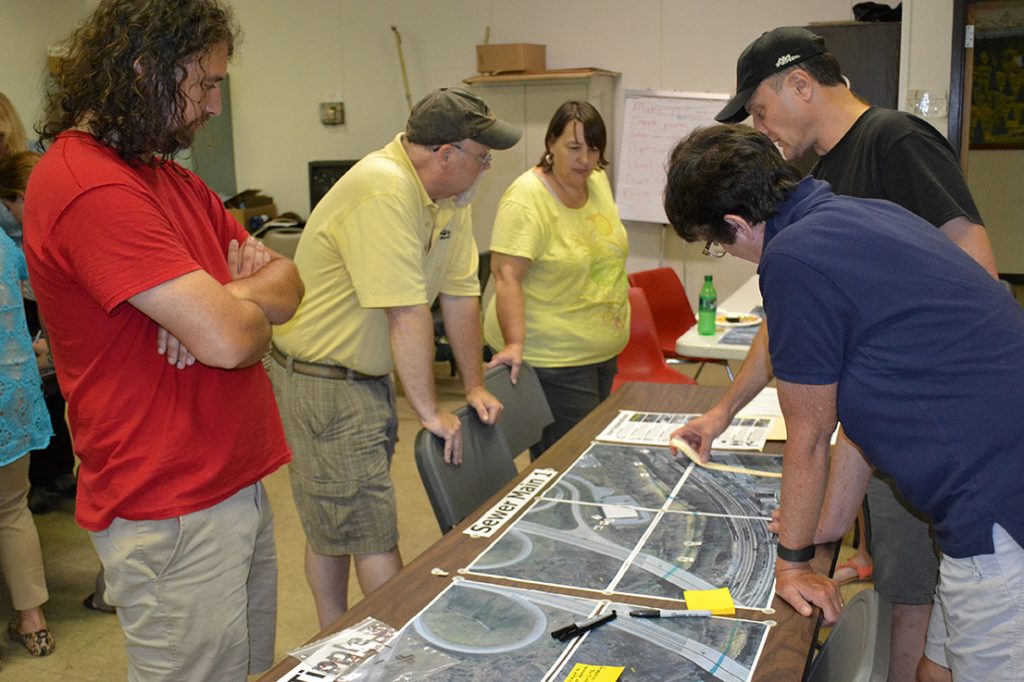Front Porch Blog
Revitalizing Appalachia from the ground up
In February, a bill was introduced in Congress that would expedite funding to clean up old coal mining sites and redevelop them specifically to foster economic growth. The RECLAIM Act is now in committee and the language is expected to change a bit in the coming weeks. As Congress considers those changes, lawmakers should look to communities impacted by the coal industry, in Appalachia and across the country, whose perspective is vital to the bill’s success.
Read MoreO’ TVA where art thou?
The Tennessee Valley Authority was created in the 1930s to bring cheap electricity to the most rural reaches of the Tennessee River valley. Almost a century later, many residents are struggling to pay electric bills that can be hundreds of dollars a month for their modest homes. Utility-sponsored financing to help with energy-efficiency improvements would go a long way.
Read MoreCitizen action leads to closure of KD#2 mountaintop removal mine
After two years of pressure from citizens, West Virginia permanently halted mining at the KD#2 mountaintop removal coal mine. But the mine has already damaged land and water. This guest post features a statement from the Kanawha Forest Coalition.
Read MoreDo-It-Yourself tips for energy efficiency: Heating & Cooling
Education is a key part of our work, and one way we are helping residents lower their energy costs is by creating and sharing some short videos with Do-It-Yourself energy efficiency tip. This video features John Kidda, founder and President of reNew Homes, Inc., in Boone, N.C., discusses programmable thermostats as a way to save on heating and cooling.
Read MoreEnergy bill acrobatics
For the Schmidt family of Tazewell, Tennessee, managing their budget is a balancing act, and one they have become very good at. But high electric bills–up to $300 in the winter–makes that balance tricky to maintain, sometimes leaving very little for emergency funds, much less for the home repairs they need that could actually lower their energy use.
Read MoreDemocracy 24/7/365
Our democratic responsibility should not be confined just to voting on Election Day. We have opportunities throughout the year to participate; whether it’s speaking before our town council, meeting with our congressional representatives, writing a letter-to-the-editor, attending a rally or signing an online petition, each action represents a voice or idea that would otherwise not be heard.
Read MoreAtlantic Coast Pipeline backers head to North Carolina
While North Carolina is rightfully focused on the coal ash scandal, another environmental tug-of-war is strengthening in some of the state’s poorest areas. The Atlantic Coast Pipeline would cut 170 miles through eastern N.C. where a quarter to a third of people live in poverty. And this is precisely why these types of projects are placed in low-income communities: to reduce the chance of resistance.
Read MoreRebukes, a resignation and more reasons to worry about coal ash in NC
Where does the war of words over coal ash health advisories leave North Carolinians with contaminated drinking water? Exactly where they were before: as distrustful of DEQ and DHHS as they are of their water’s safety. But in the battle between state employees and the McCrory administration, residents are clear on who they trust.
Read MoreNorton’s walk along the river
In the Southwest Virginia city of Norton, Appalachian Voices is supporting a project that would enhance recreation along the Guest River and clean up an abandoned coal tipple that is both an eyesore and a source of pollution.
Read MoreNew law puts coal ash progress in NC at risk
The rushed introduction, concurrence and signing of North Carolina House Bill 630 puts at risk many aspects of the progress that residents and environmental groups have made since the introduction of the Coal Ash Management Act in 2014.
Read More









